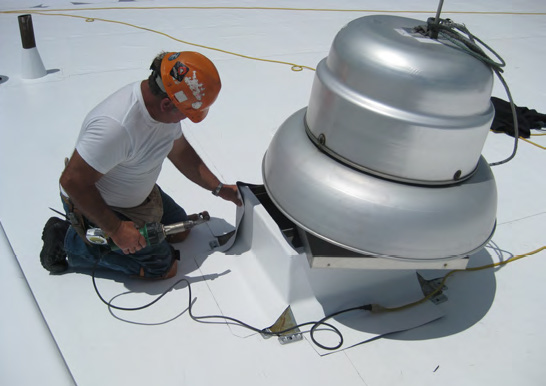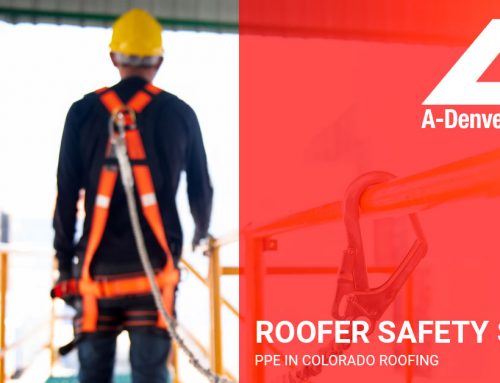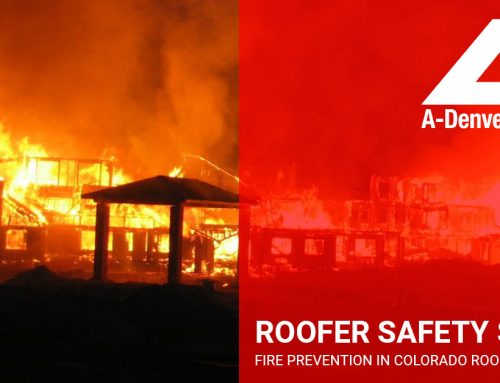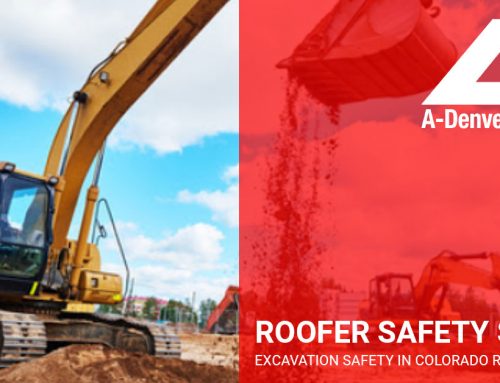As one of the most trusted single-ply thermoplastic membrane installers in Denver Colorado, A-Denver Roofing is dedicated to educating its current and potential customers about the differences between PVC and TPO systems. When choosing between PVC and TPO, make the educated decision; choose the proven membrane that will best protect your investment.
Over the past 20 years, TPO has grown to become one of the most commonly used low-slope, single-ply roof membranes thanks in large part to its low price point. What you might not know is that most, if not all, TPO membrane manufacturers are on their second, third or even fourth generation of membrane formulations due to performance inconsistencies and many are still having issues. Trust in A-Denver Roofing to guide you for your next commercial roofing project in Colorado.
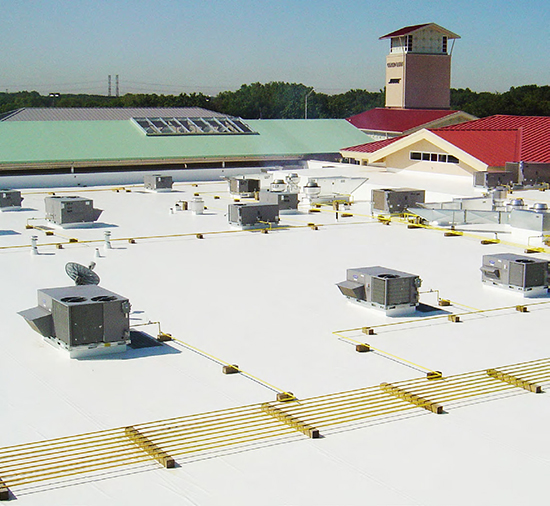
HISTORY
Sikaplan: Sika pioneered the use of PVC for roofing applications back in 1962, developing the world’s first thermoplastic reinforced membrane. Since that time, the company has manufactured more than 15 billion square feet of membrane. Over the past 30+ years, more than 5 billion square feet of Sikaplan has been installed and are performing on roofs all over the world.
TPO: Since being introduced in the 1990s, billions of square feet of TPO has been installed on roofs across the country. While that fact may seem impressive on the surface, it’s no secret that TPO products have gone through numerous formulation changes, particularly with regard to their flame-retardant, UV and heat stabilizer packages. Those changes continue today while manufacturers struggle to find a consistent formula to provide a long-term, durable membrane.
UV RESISTANCE
Sikaplan: It’s no surprise that a roofing membrane’s formulation is the cornerstone for its performance and long-term durability. Manufactured right here in America, Sikaplan membranes are produced utilizing time-proven raw materials and are formulated to ensure long-term weatherability and protection from Colorado’s harsh UV rays.
TPO: The latest formulations of TPO membranes have relatively few years of “real world” exposure, so their resistance to Denver’s heat, UV and general weathering is still unknown. Early generations of TPO membranes had many performance issues, which led to changes in their formulations. One of the most common problems was TPO failing in hot climates or when exposed to increased UV here in Colorado.

FIRE PERFORMANCE
Sikaplan: While Colorado’s fire safety codes have improved, losses from fire are still an ongoing concern. One of the most vulnerable parts of a building exposed to fire is its roof. Sikaplan membranes are made using PVC resin. Since PVC is inherently fire resistant, Sikaplan membranes will self-extinguish when the source of the flame is removed.
TPO: Though some TPO manufacturers advertise a more fire resistant sheet at an upcharge, many TPO membranes will typically continue to burn even if the source of the flame is removed.
SEAM WELDING
Sikaplan: When welding seams on user-friendly Sikaplan PVC membranes, there is a distinct “bleed out” to help ensure a proper weld. You also have the ability to probe the seam immediately, making quality control that much easier. This is crucial as seams can be a trouble area for water penetration. A-Denver Roofing installers are experts in single-ply roofing system installations.
TPO: There is a lack of visual “bleed out” during proper seam welding on TPO membranes, and there is a wait time before being able to probe the seam. As a result, it can be tricky to produce a good weld with TPO. Often times, you end up with cold welds or a membrane that isn’t watertight, which could eventually lead to leaks.
RECYCLING
Sikaplan: Sika PVC is the only commercial roofing company in the U.S. to receive certification from UL Environment relating to the recycled content of its roofing membrane products. Sika’s PVC membranes contain an average of 10 percent recycled vinyl content from pre- and post-consumer sources.
TPO: At this time, there does not appear to be any formal systematic program for recycling TPO at the end of its service life, specifically back into new membrane. A-Denver Roofing aims to build and operate in an environmentally friendly manner, keeping our beautiful state of Colorado pristine for years to come.
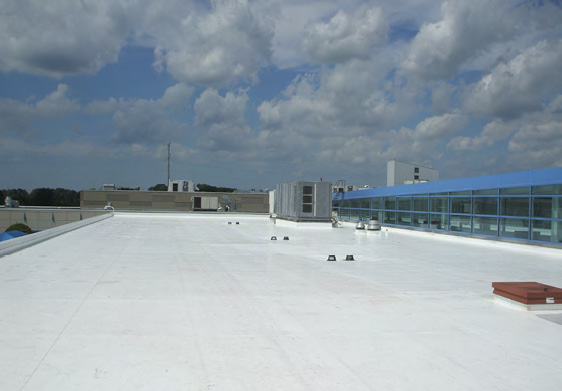
AGED-MEMBRANE WELDING
Sikaplan: Sikaplan PVC sheets are repairable throughout their serviceable life. New Sikaplan PVC membrane can be hot-air welded to aged material to create a “like-new” watertight seam. This is important when attempting emergency leak repairs from hail damage that is common in Denver and Colorado Springs.
TPO: TPO membranes are known to be very difficult to re-weld and/ or patch. This can limit repair and rooftop modification as the material ages.
DIMENSIONAL STABILITY
Sikaplan: Sikaplan’s PVC membrane is dimensionally stable and offers two attachment methods. The Sikaplan Mechanically Fastened system uses membrane with an internal polyester scrim to provide tear resistance. The Sikaplan Adhered system uses a fiberglass-reinforced membrane that delivers exceptional dimensional stability. Thanks to a low coefficient of thermal expansion and contraction, the service life of the roof is extended.
TPO: TPO membranes only offer a scrim reinforcement, making adhered roofs a challenge. The membranes have a higher coefficient of expansion and contraction than PVC membranes. This often results in roofs that are loose and baggy when installed, and over time they may shrink to the point of creating stress at fixation points. This is critical in Colorado with its extreme freeze and thaw cycles.
WATER ABSORPTION
Sikaplan: Water absorption can cause membrane delamination and reduce the long-term performance of the single-ply membrane. Sikaplan PVC membranes absorb less water than many competitive TPOs due to its anti-wick scrim and extrusion coating process, and with Sikaplan there is no cut edge sealant required. A-Denver Roofing prides itself on utilizing only the best materials and manufacturers for our client’s commercial re-roofing projects in Denver and Colorado Springs.
TPO: In contrast, you need to seal all cut edges (including factory edges) as TPO membranes typically use an uncoated or untreated scrim and therefore have the potential to wick water along the reinforcement. Water absorption also can affect the quality of seam welds.
FLEXIBILITY
Sikaplan: The beauty of the Sikaplan PVC membrane is that it’s incredibly easy to work with. Flexible sheets make handling and detailing much easier, even in cold weather. This provides us the flexibility to re-roof all year round, even in Colorado’s harshest winter environments.
TPO: TPO membranes are noticeably stiffer, making sheet handing and detailing more difficult, especially in cold weather. There could also be problems resulting from sheet wrinkling caused by automatic welder “tracking” issues.
